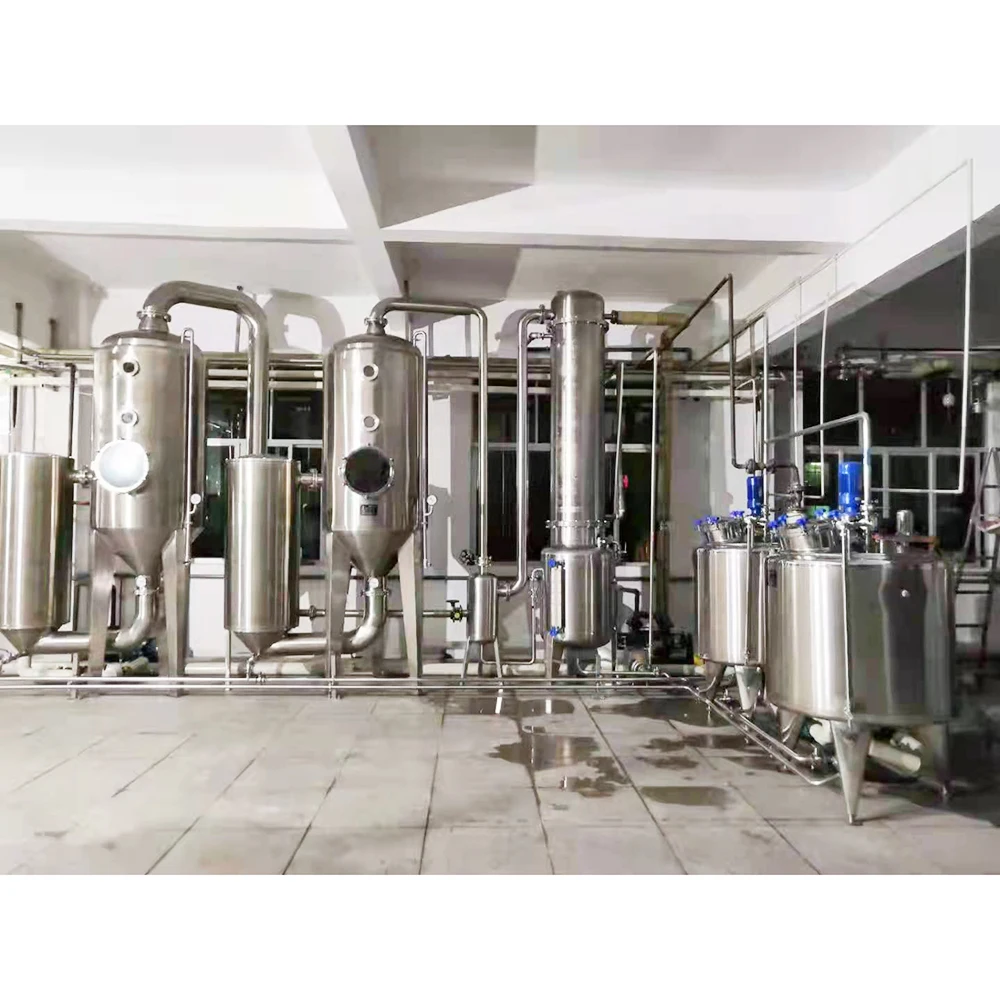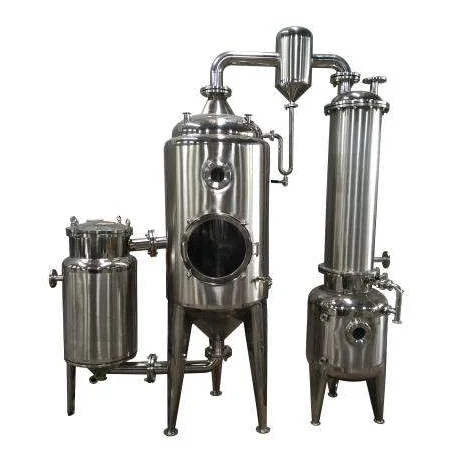ABOUT
Wenzhou Vince Machinery Science Co., Ltd. was established in early 1980s. Our company covers an area of 6500 square meters and is an independent legal representative firm, possessing rich economic technology strength. Our company is a high tech enterprise and plays an important role in national dairy, foodstuff, pharmacy and machinery industries. We are a beverage machinery supplier.
Since the establishment, our company has mainly engaged in dairy products, foodstuff, beverage machinery, bean products, yellow wine, medicines and fermentation projects. What's more, our company supplies a complete sequence services in manufacturing, installation, test and personnel train, as well as the whole direction service design and consulting service on product project construction or enlargement artistic distribution engineering sets budget.
The Role of the Mashing Tank in Beer Flavor
Temperature and Time
The mashing process involves carefully controlling the temperature and time of the mash, which influences the types and quantities of sugars produced. This is because different enzymes, responsible for the conversion of starches to sugars, operate at different temperatures. For example, a lower temperature mash will produce more fermentable sugars like maltose, leading to a lighter and drier beer. Conversely, a higher temperature mash will break down starches into complex sugars like dextrins, resulting in a sweeter, fuller-bodied beer. The duration of the mash also plays a significant role. Longer mashing times allow for greater conversion of starches, leading to higher alcohol content and potentially more complex flavors.
Mash pH
The pH of the mash, or its acidity, is another critical factor that affects flavor. Enzymes function optimally within a specific pH range. If the mash is too acidic, enzyme activity can be inhibited, leading to less efficient starch conversion and potentially undesirable flavors. Conversely, a mash that is too alkaline can also negatively impact the flavor profile of the beer. Brewers can adjust the pH of the mash by using various techniques, such as adding acids or bases, to ensure optimal enzyme activity and desired flavor characteristics.
Grain Bill
The selection of grains used in the mash, known as the grain bill, plays a crucial role in shaping the flavor of the beer. Different grains have varying levels of starches and proteins, and they contribute different flavor compounds and nuances. For instance, pale malt provides a neutral base for a wide range of styles, while specialty malts like roasted barley add chocolate and coffee flavors, and wheat malt contributes a soft and bready character. The proportions of different grains in the mash determine the overall flavor profile, ranging from crisp and clean to complex and layered.
In conclusion, the mashing tank is a critical component in the brewing process, shaping the final flavor profile of the beer. By meticulously controlling the temperature, time, pH, and grain bill, brewers can influence the conversion of starches, the production of various sugars, and the development of specific flavor nuances, ultimately creating a beer that reflects their artistic vision.SUBSCRIBE
INQUIRY




